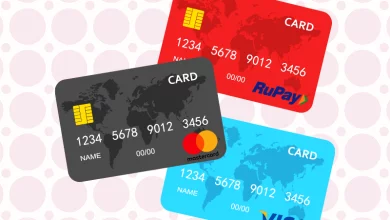How to Budget for Debt Repayment
Debt repayment can be a daunting task, but it is possible to get out of debt with a plan and some discipline. The first step is to create a budget that will help you pay off your debt as quickly as possible.
1. List all of your debts
The first step is to list all of your debts, including the name of the creditor, the amount owed, and the interest rate. This will help you get a clear picture of your debt situation and make a plan for repayment.
2. Prioritize your debts
Not all debts are created equal. Some debts have higher interest rates than others, and some debts may have more serious consequences if you default on them. Prioritize your debts so that you are paying off the most expensive and important debts first.
3. Make a budget
Once you have prioritized your debts, you need to create a budget that will help you pay them off. This will involve tracking your income and expenses and allocating money to your debts each month. Be sure to leave enough money in your budget for essential expenses, such as housing, food, and transportation.
4. Make more than the minimum payments
If you only make the minimum payments on your debts, it will take you much longer to pay them off and you will end up paying more in interest. If possible, try to make more than the minimum payments each month. This will help you pay off your debts faster and save money on interest.
5. Consider debt consolidation
If you have multiple debts with high interest rates, you may want to consider debt consolidation. This involves rolling all of your debts into one loan with a lower interest rate. This can make it easier to manage your debt and save money on interest.
Additional tips for budgeting for debt repayment:
- Cut back on unnecessary expenses.
- Find a side hustle to earn extra money.
- Ask your creditors for a lower interest rate.
- Negotiate a debt settlement.
FAQs
Q: How much money should I budget for debt repayment?
A: The amount of money you need to budget for debt repayment will vary depending on your income, expenses, and the amount of debt you owe. However, a good general rule of thumb is to budget at least 20% of your monthly income to debt repayment.
Q: How can I stick to my debt repayment budget?
A: It can be challenging to stick to a debt repayment budget, but it is important to be disciplined. Here are a few tips:
- Set realistic goals.
- Track your progress regularly.
- Make adjustments to your budget as needed.
- Reward yourself for your success.
Q: What should I do if I fall behind on my debt payments?
A: If you fall behind on your debt payments, it is important to contact your creditors immediately. Many creditors are willing to work with borrowers to create a payment plan that is affordable.
Budgeting for debt repayment can be challenging, but it is possible to get out of debt with a plan and some discipline. By following these tips, you can create a budget that will help you reach your debt repayment goals.




